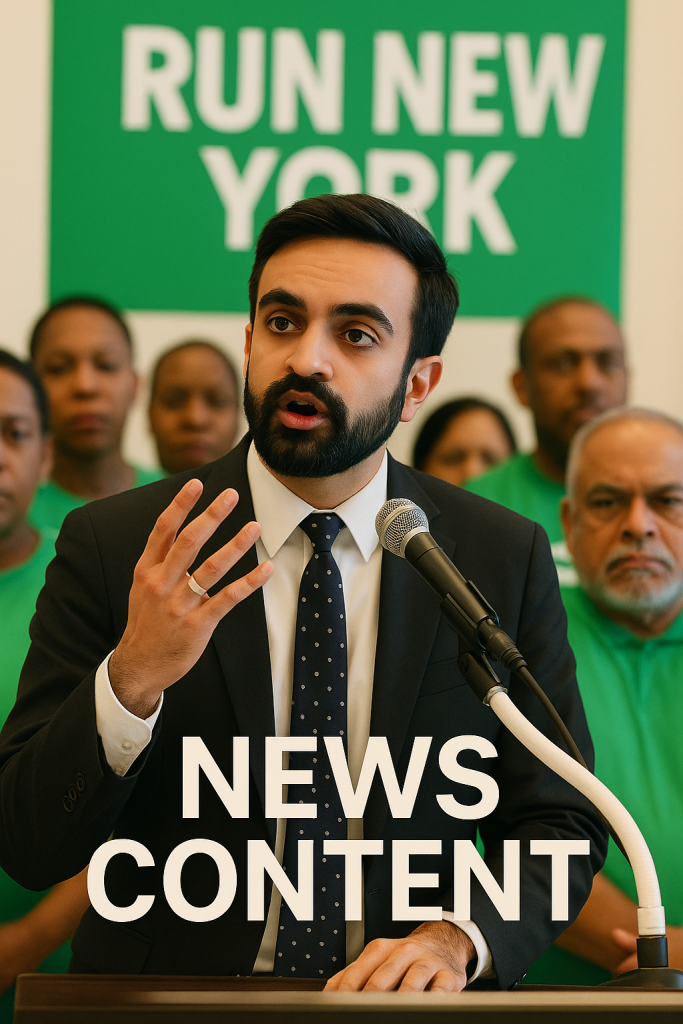New York City mayoral candidate Zohran Mamdani recently faced sharp criticism after attempting to clarify and walk back earlier remarks that were widely perceived as anti-police. However, several prominent New Yorkers have dismissed his efforts, maintaining that his prior statements continue to undermine public trust in law enforcement and raise concerns about his approach to public safety.
Mamdani, a progressive candidate known for his advocacy on social justice and housing reform, had made headlines with comments questioning police practices and accountability. His original remarks were interpreted by many as harshly critical of the city’s law enforcement agencies and were seen by critics as contributing to a divisive dialogue on policing in New York City.
Following backlash, Mamdani issued statements attempting to clarify his position, emphasizing the need for reform rather than defunding or disbanding the police force. Despite this, numerous influential New Yorkers interviewed dismissed his clarifications as insufficient or disingenuous. Their sentiment reflects a broader concern within the city about balancing urgent demands for police reform with the necessity of maintaining public safety.
One prominent city leader expressed that Mamdani’s initial comments “left a mark that can’t be easily erased” and doubted whether his walk back genuinely reflected a shift in policy or rhetoric. This perspective is echoed by several community figures who emphasize that words from a mayoral hopeful on such a sensitive issue carry significant weight, especially given the rising crime rates and public anxiety over safety.
Critics argue that Mamdani’s approach risks alienating law enforcement officers and the communities that rely heavily on them for protection. Some pointed out that while reform is needed, leadership must also demonstrate respect and support for the men and women in uniform. They warn that ambiguous or contradictory messaging from candidates can erode trust on both sides of the debate.
Meanwhile, Mamdani’s supporters highlight his commitment to addressing systemic inequalities they say are perpetuated by unchecked policing practices. They argue that his original statements were intended to spark critical dialogue and push for accountability rather than to dismiss or vilify all police officers.
As the mayoral race intensifies, the controversy over Mamdani’s stance on policing illustrates the broader challenges candidates face in navigating complex and emotionally charged topics. The public and key stakeholders remain closely attentive to how candidates reconcile calls for reform with the demand for effective, reliable law enforcement.
New Yorkers appear divided: while many advocate for transformative change in policing policies, others emphasize the importance of public safety and cohesion between the community and police. Mamdani’s recent attempt to clarify his position highlights the tightrope candidates must walk in a city grappling with rising crime and demands for justice reform.
Ultimately, this episode serves as a reminder that words from public officials are scrutinized intensely and can have lasting consequences. Whether Mamdani’s revised statements will resonate with a broader spectrum of voters remains to be seen as the campaign continues to unfold.


